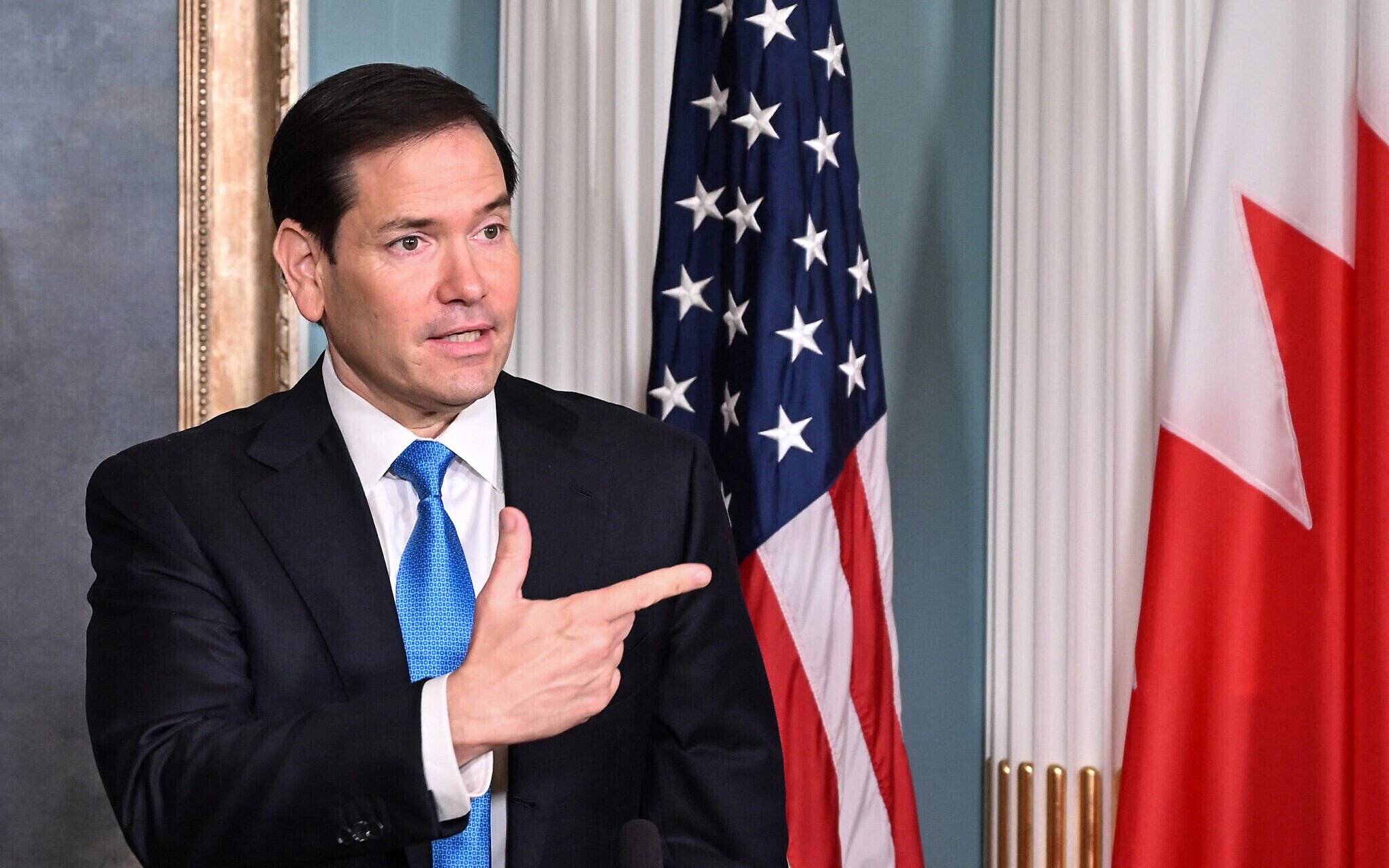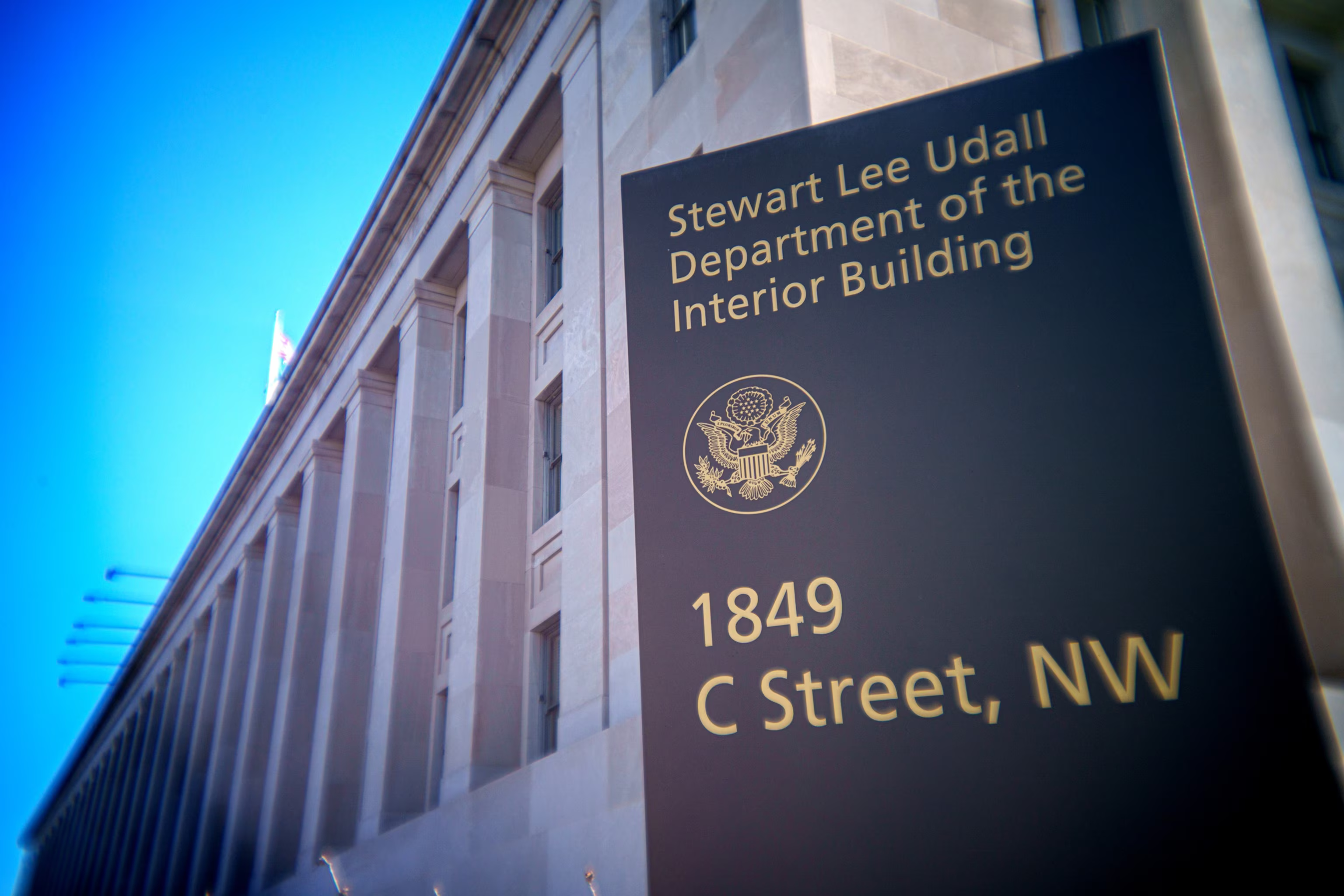Decision that goes beyond visas
In an unexpected move, the United States has canceled the entry visas of high-ranking Brazilian officials involved in the Mais Médicos program. This decision, announced by Secretary of State Marco Rubio, raises questions about the reasons behind this action and its impact on diplomatic relations between the two countries.
Reasons for the American shift
The US Department of State claims that the Mais Médicos program was used by the Cuban government to exploit its healthcare professionals, placing them in conditions similar to forced labor. According to US authorities, the program financially benefited the Cuban regime while depriving the local population of essential medical care. This accusation not only targets Cuba but also implicates those in Brazil who facilitated the project. The American government was clear: it would no longer tolerate “institutional complicity” with practices it considers contrary to human rights. But is this explanation enough to understand all the events? Or is there something deeper involved?
Who are the affected individuals
Among the Brazilians with canceled visas are Mozart Júlio Tabosa Sales, then Secretary of Specialized Health Care at the Ministry of Health, and Alberto Kleiman, former International Relations Advisor at the same ministry. Both played important roles in the implementation of the Mais Médicos program. Sales coordinated the distribution of doctors in underserved areas, while Kleiman worked on the international negotiations that enabled the partnership with Cuba. The cancellation of their visas not only limits their international travel but also casts doubt on their careers and the legitimacy of their actions within the program.
Mais Médicos: a controversial initiative
Launched in 2013, the Mais Médicos program was a Brazilian government initiative aimed at addressing the shortage of healthcare professionals in remote regions of the country. The program involved the participation of foreign doctors, primarily Cubans, who worked in various Brazilian cities through an agreement brokered by the Pan American Health Organization (PAHO). The program faced criticism, particularly regarding the contractual conditions of Cuban doctors and the retention of a portion of their salaries by the Cuban government. Did the initiative yield results? Yes, but it also left a legacy of distrust and heated debates over sovereignty and labor rights.
What this standoff says about the future
The United States’ decision to impose measures tied to Brazil’s Mais Médicos program highlights Washington’s push to uphold its own standards in international partnerships.
For the U.S., the move is a way to reinforce its political stance and stay consistent with how it manages foreign relations. For Brazil, it raises the challenge of assessing what the fallout might mean for the program’s reputation and for the country’s ability to sustain health-sector cooperation.
In the end, the standoff underscores a simple reality: both nations are protecting their own interests. The U.S. is asserting its political leadership, while Brazil must find ways to safeguard a program seen as central to its public health strategy.
Contact us today through our WhatsApp to discover how we can help you achieve success in the United States. Together, we can turn dreams into reality.
Information source: bbc.com | miamiherald.com | valorinternational.globo.com | state.gov



